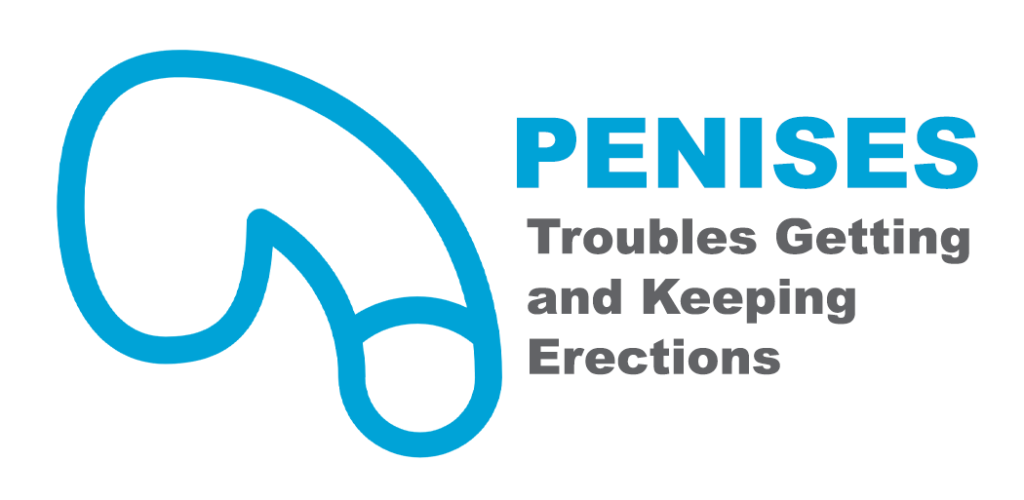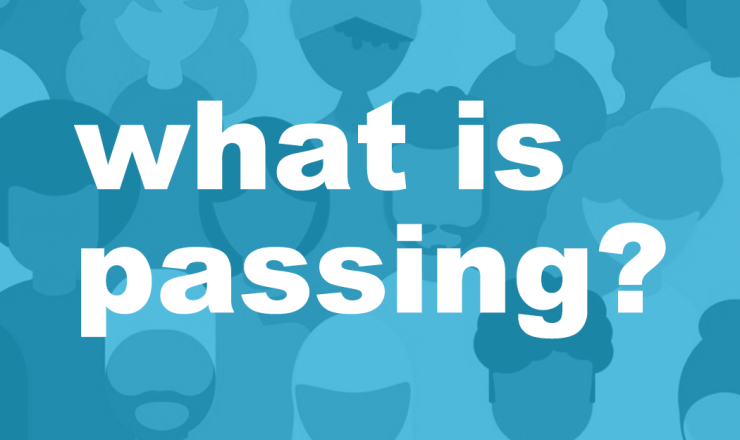

Erections – they’re more complicated than we think!
Sometimes erections happen really easily, whether you feel turned on or not.
But sometimes it’s also really difficult to get or to keep an erection for as long as you want. When this gets in the way of engaging in your desired sex acts this can be known as Impotence or Erectile Dysfunction (ED). But those terms can be loaded with a lot of stigma, so we’ll avoid using them for most of this article.
Difficulty keeping erections is generally not a major health concern. That said, sometimes it can cause lots of stress, which can impact your self-confidence, or how you feel about your body. If you are concerned about maintaining erections, then here is some info to get some perspective on the topic.
Yes! 100%. Our bodies are not machines that perform the same way every time when we want them to. It’s very normal to have moments or longer stretches of time where it’s harder to get an erection or to more difficult to keep an erection going for a particular activity. It’s totally normal. Even if it’s not something that’s happened to you or your partner before, it’s something that most people with penises go through at least once in their lives.
Mental Health can affect how your body behaves. Things like stress, anxiety, or depression can make it difficult for you to be in the moment when it comes to sex, and distract your body from maintaining an erection. It’s common that not getting an erection is a sign of nervousness, whether that’s with a new partner or someone you’ve known a long time. Our bodies can often behave in ways that reveal stuff we’re trying to hide or pretend we’re not feeling. It’s all super normal!
Sometimes being worried about losing an erection can make it more difficult for you to be in the moment or feeling pleasure during sex, and make it more likely that you’ll have a hard time keeping an erection. It’s a tough cycle!
Physical Health can also impact what your body does. Different medical conditions can affect things like blood flow or sex drive. This can include things like Diabetes, Chronic Liver or Kidney Disease, Hypertension, Cardiovascular Disease, Low Testosterone. Most of these conditions become more of an issue as people get older.
More generally, difficulties with erections can be a sign that your body is not up for that kind of physical activity. Maybe you’re tired, or dehydrated, or maybe your body is fighting off a cold or something – These are all things that can affect your body’s ability to perform as expected.
Refractory Periods |
|
Drugs, Alcohol, and Medications all can interact with your body differently, and can potentially cause both short- and long-term issues with maintaining erection. Being too drunk or too high are common times where your body may not maintain an erection.
This is by no means an exhaustive list. Issues with erections can be caused by just one of these factors or by a combination of them.
Generally, a physical exam and a medical history are enough to identify if there is a medical reason for difficulty maintaining erections. This could include examining your penis, testicles, and blood pressure to look for nerve impulses and sensation issues.
If there are concerns about underlying health conditions, clinicians can run additional tests or refer you to a specialist.
| Can you get erections by yourself? |
|
Please check out Penises: Ways to Help Get and Maintain Erections for tools and strategies for working through difficulties with erections.
If you have questions about this topic, feel free to contact one of our peer educators. [Link]
Last Updated: May 2021

Did you know that Teen Health Source has been around for 25 years! To help celebrate our 25th Anniversary, we’re checking in with some of our previous volunteers. Today we’re hearing from Susy!

“Passing” generally means being perceived by people, and mainstream society as cisgender and/or heterosexual. Passing is not inherently good or bad, but it is a complicated topic! Check this post out to learn more!

Happy Bi Visibility Day! To celebrate, we all got together to answer some of our most common questions about what it means to be bi.